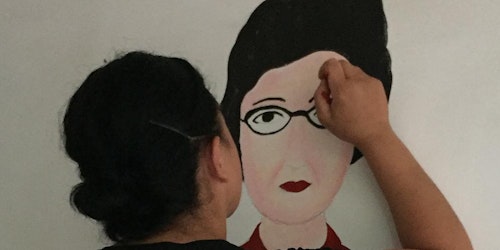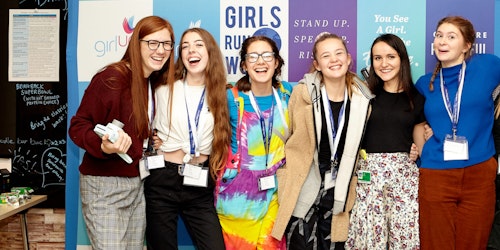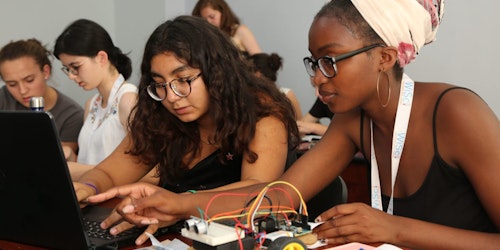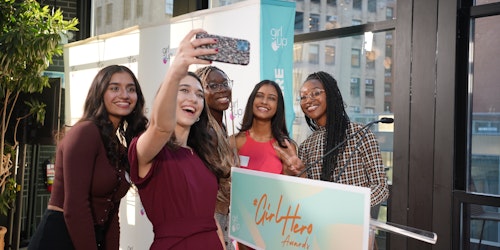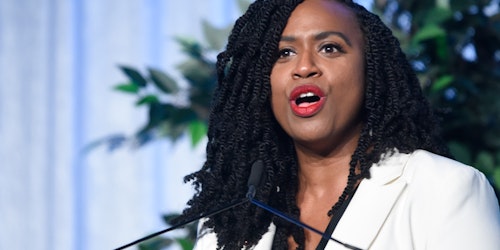We know many Girl Up Clubs members have been taking this time to catch up on books from their must-read lists, so we did some research of our own and loved Bitch Media’s 2020 Feminist Book List in partnership with Powell Book’s. Check out some of our favorite picks from their list — all great options to kick off a virtual Book Club with your Club!
Followers
Megan Angelo
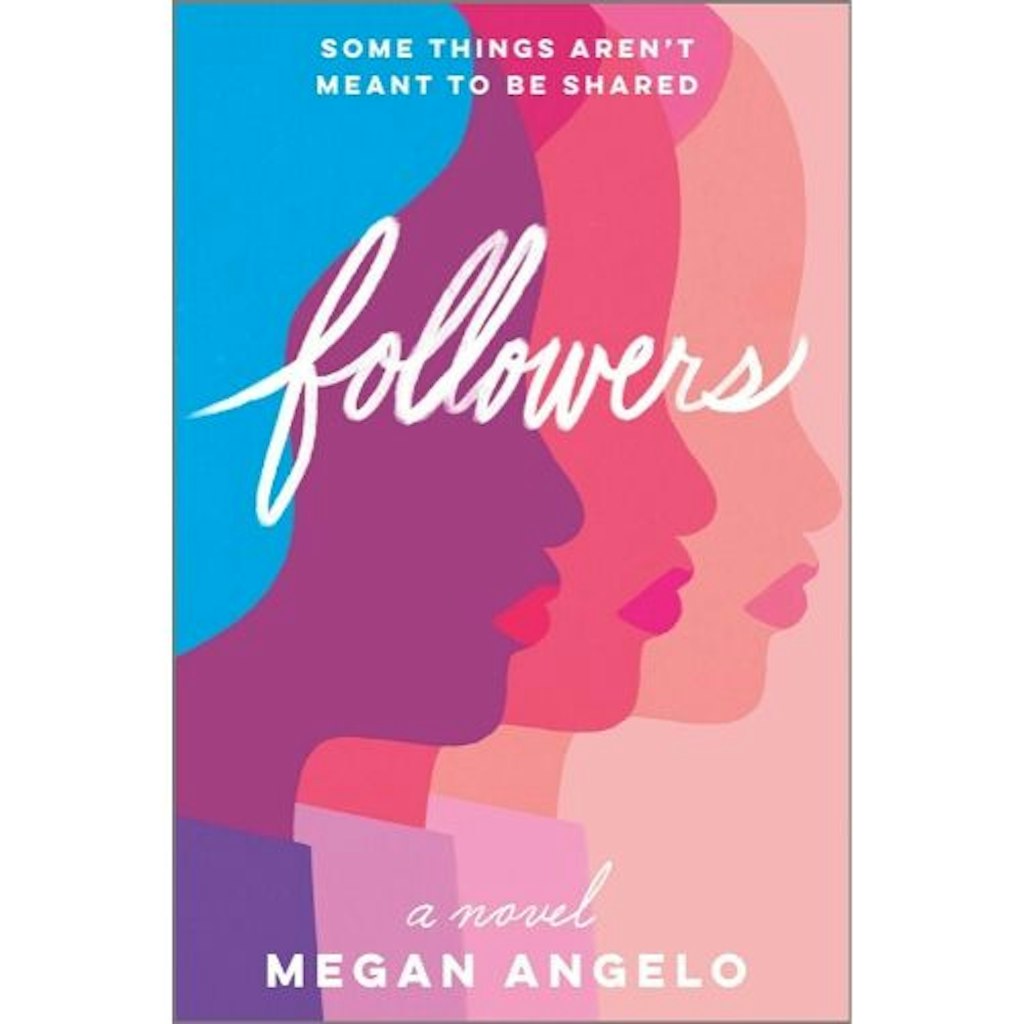
There’s a dark side of social media, and if Megan Angelo’s Followers is any indication, we’re already living it. Angelo’s debut novel, which has earned starred reviews from four major trade publications, splits its time between 2015 and 2051. In 2015, readers follow the relationship between roommates Orla Cadden, a blogger and aspiring author, and Floss Natuzzi, a regular- schmegular woman who desperately wants to be famous. In 2051, meanwhile, we meet Marlow, a young woman who lives in a California town where celebrities are closely surveilled to provide entertainment in the form of reality television.
Why It’s Perfect For Your Book Club: Followers provides the opportunity to discuss the consequences of social media including its ability to catapult people into the spotlight overnight.
Remembrance
Rita Woods
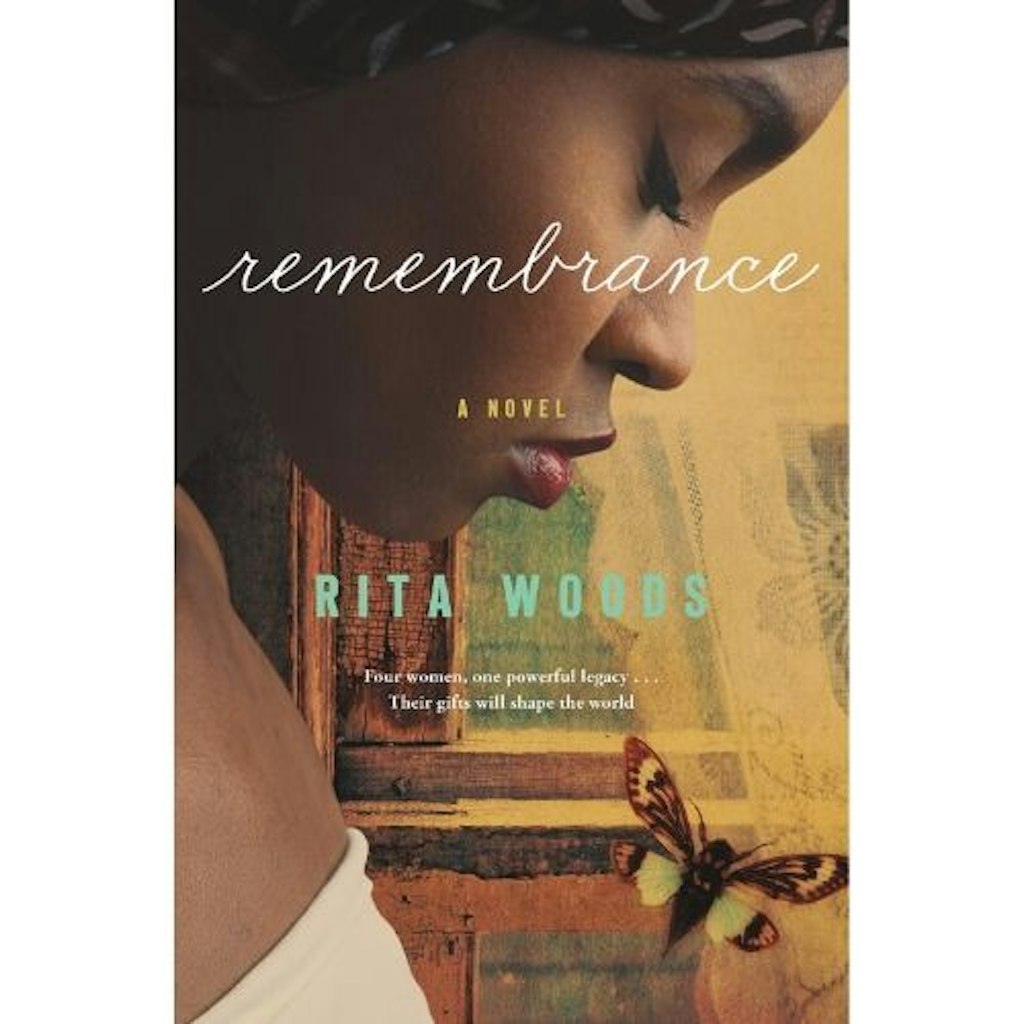
Rita Woods’s impressive debut is at the top of the list, joining contemporaries such as Colson Whitehead’s award-winning 2016 novel The Underground Railroad, Yaa Gyasi’s arresting 2017 debut Homegoing, and Ta-Nehisi Coates’s bestselling 2019 book The Water Dancer. Remembrance traverses 200 years, beginning in modern-day Cleveland, Ohio, with Haitian nurse’s aide Gaelle before traveling backward to 1850s Louisiana and 1790s Haiti to explore the supernatural bonds tying generations of Black people together.
Why It’s Perfect For Your Book Club: The book allows for acknowledgement and discussion of how communities of Black people around the world survived oppression.
Black Sunday
Tola Rotimi Abraham
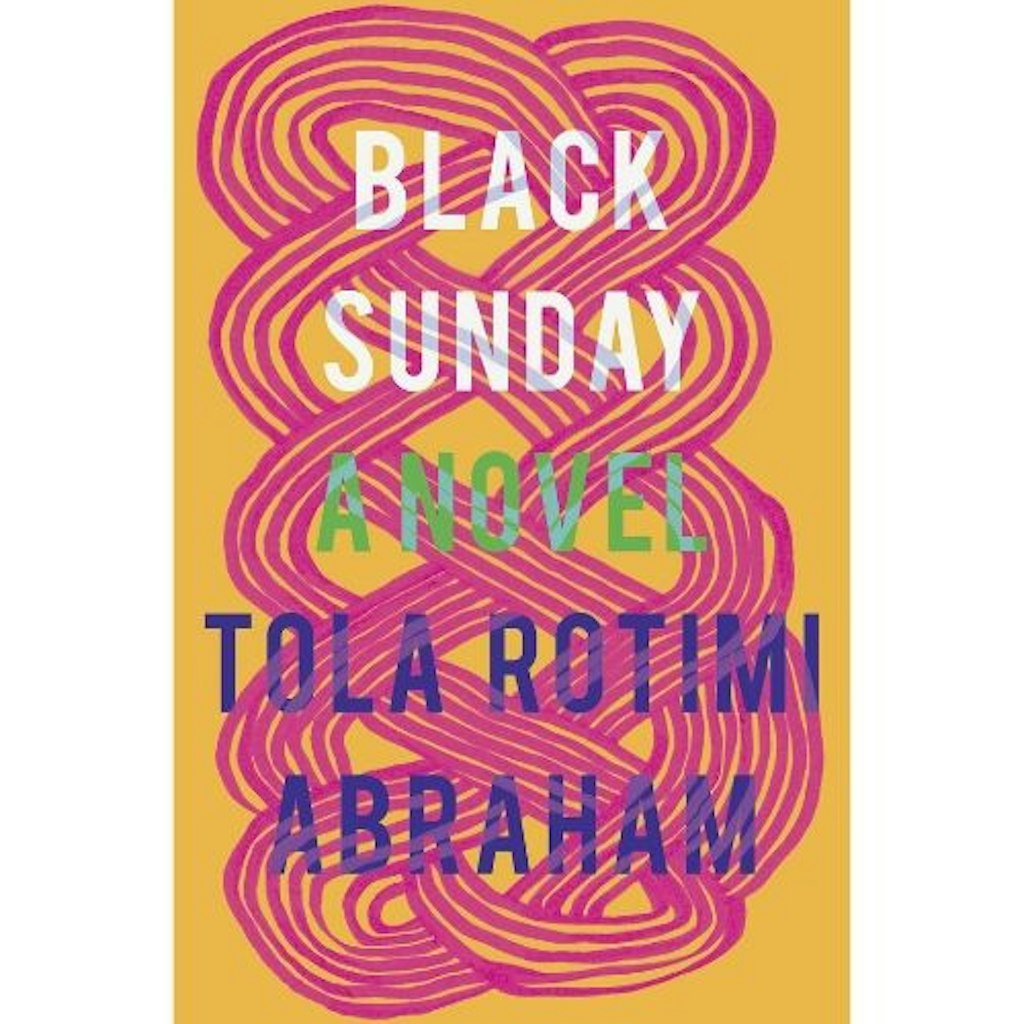
Black Sunday follows four siblings from Lagos, Nigeria, in 1996 after their mother loses her stable government job and their father evaporates their savings in a scheme concocted by a scamming pastor. Each of the siblings—twin sisters Bibike and Ariyike, and their brothers Andrew and Peter—have to fill the gap after their mother departs for New York, when they’re put in the care of their grandmother and forced to take odd jobs to make ends meet. The lives of Bibike and Ariyike both revolve around the Pentecostal church before taking very divergent paths—Ariyike becoming the wife of a pastor and Bibike living a more secular existence—while their brothers are trapped in an abusive boarding school intent on breaking them.
Why It’s Perfect For Your Book Club: This book offers the opportunity to discuss Club members methods of resistance and paths to independence in their own lives and how they may be similar to the characters in Black Sunday.
Conjure Women
Afia Atakora
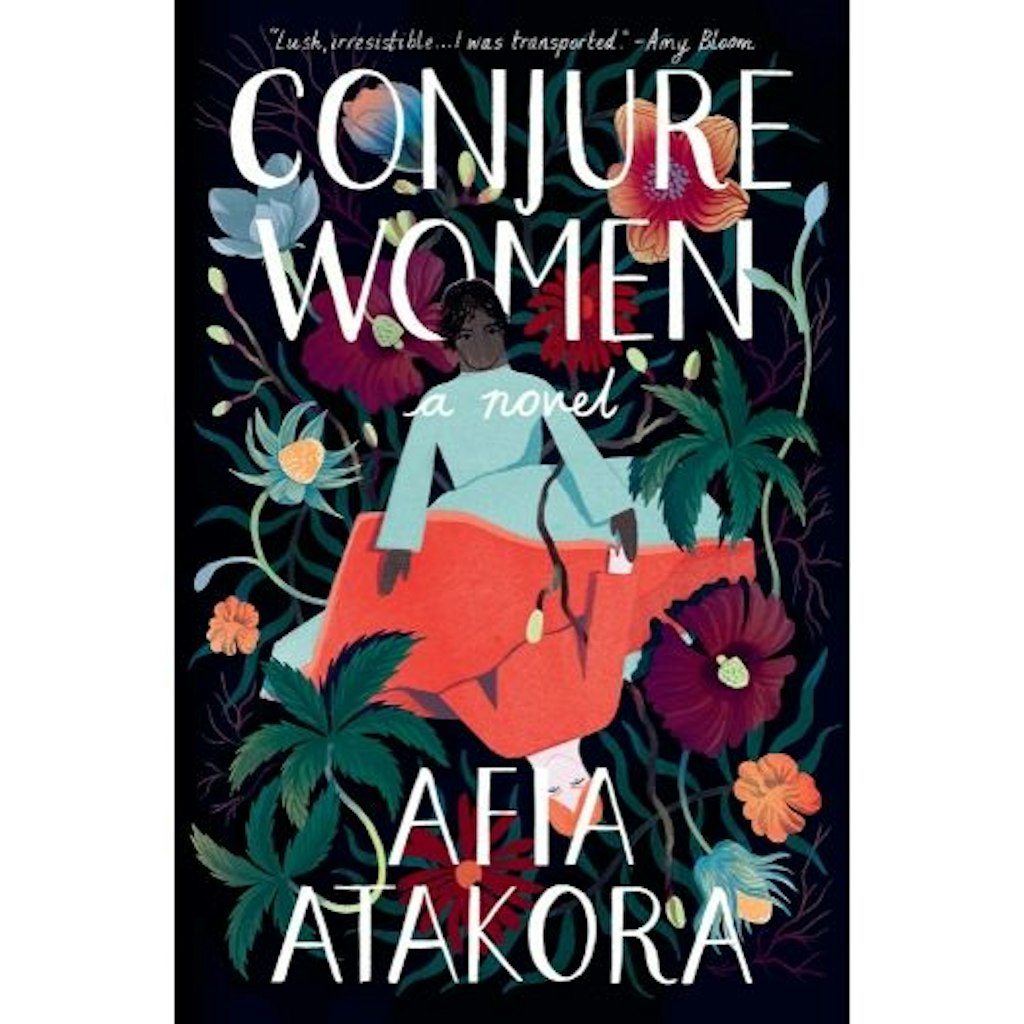
Afia Atakora’s debut novel is a masterpiece of historical fiction: The book follows Rue, the enslaved daughter of her small community’s resident healing woman, who has inherited her mother’s ability to cure sickness, birth healthy babies, and ward off foxes and other dangers. After the Civil War—when the Big House on the plantation land is burned down and all the enslaved people are free—Rue finds herself at a crossroads when a charismatic preacher arrives in town and is soon condemning her ancient practices and peddling Christianity instead.
Why It’s Perfect For Your Book Club: Conjure Women provides a place to discuss how to deal with resistance in your communities when trying to create solutions to existing issues.
Darling Rose Gold
Stephanie Wrobel
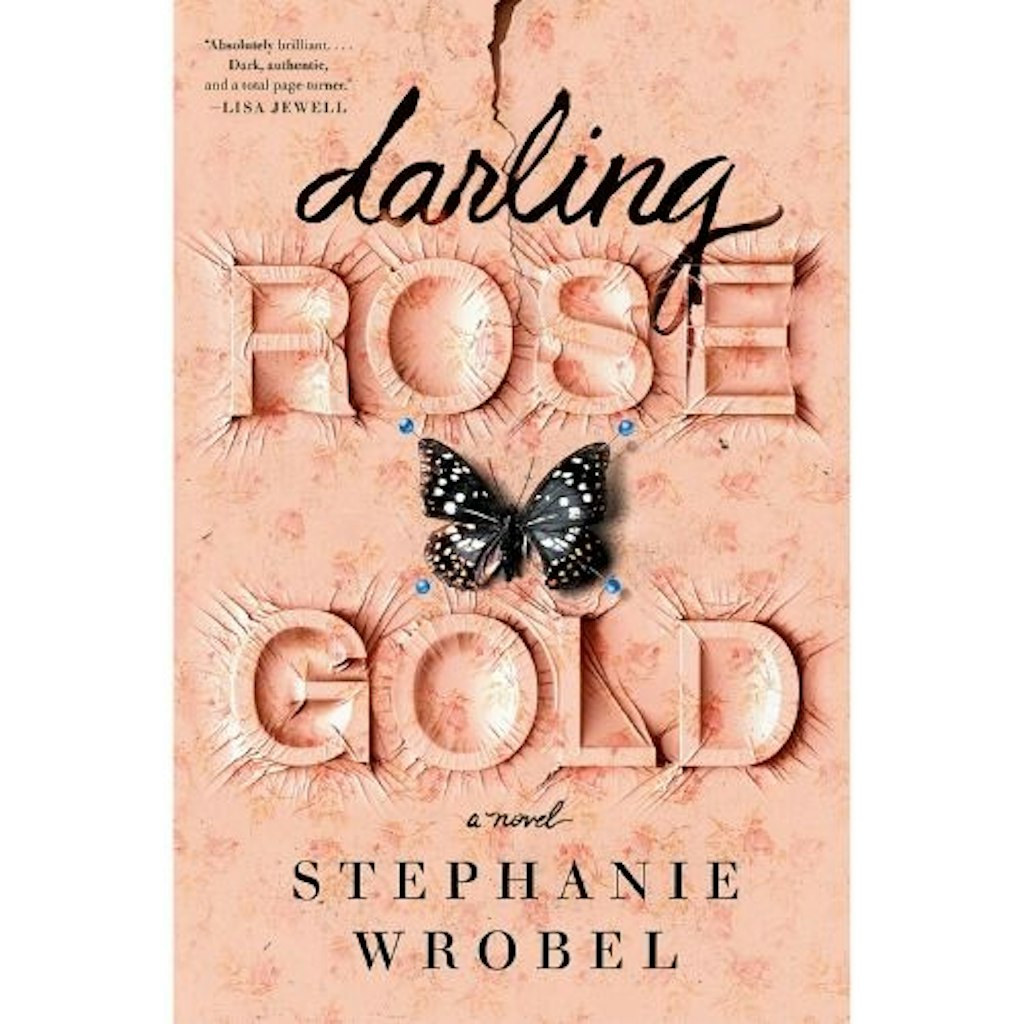
Munchausen syndrome by proxy—now known as Induced Illness by Carers (IIBC)—became national news in 2016 when BuzzFeed published a sprawling longform piece about Gypsy Rose Blanchard, a young woman who killed her mother, Dee Dee, after years of being purposely sickened by her. Stephanie Wrobel’s debut novel joins the growing pop culture canon of mothers who so want to be needed and admired that they harm their own children. Darling Rose Gold follows Patty Watts, recently released from prison after serving a five-year sentence for purposely sickening her daughter, Rose Gold, for 18 years. Rose Gold decides to take her mother in, with the expectation that Patty will try to hurt her again. But this time, she’s ready.
Why It’s Perfect For Your Book Club: The book offers a platform to discuss why this genre is becoming so popular and especially how young women are bringing awareness to domestic abuse in their communities.
Don’t You Know I Love You
Laura Bogart

Angelina Moltisanti never planned to return home to Baltimore after graduating college, but a devastating car crash upends her plans, leaving her with a shattered left hand and wrist and her dreams of being an artist in limbo. Not much has changed in the time Angelina has been gone: Her father, Jack, is still abusive; her mother, Marie, is still being overpowered by his violence; and their family dynamic is still detrimental to her mental and emotional health. Meeting Janet, one of Marie’s coworkers, is the bright spot in an otherwise horrid situation, but even the prospect of new love isn’t enough for Angelina to tolerate the violence that’s always threatening to spill over from her mother to her.
Why It’s Perfect For Your Book Club: Don’t You Know I Love You is a devastating book about the toll of domestic violence on those being hurt—and those doing the hurting. As Girl Up fundraises to stop violence against women, this book is perfect to start a discussion around domestic violence.
The Eighth Girl
Maxine Mei-Fung Chung
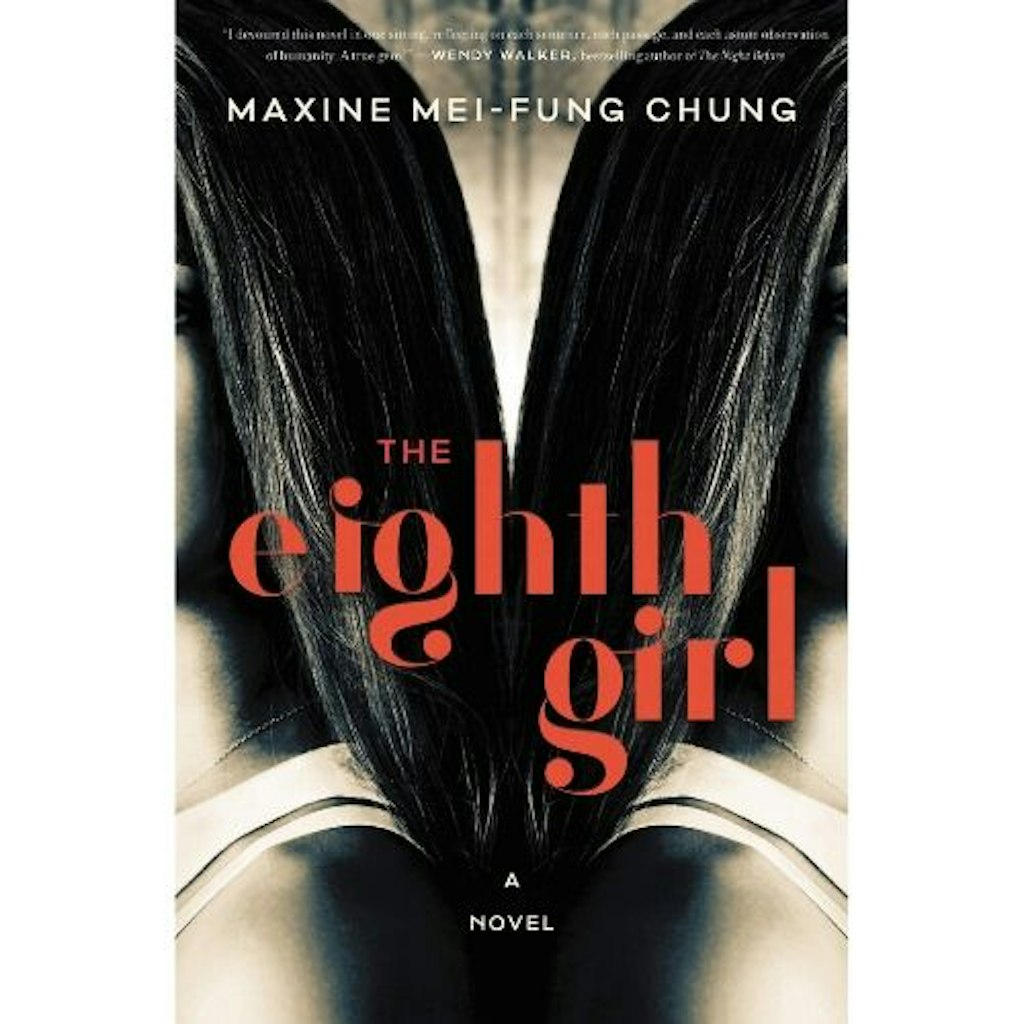
Photojournalist Alexa Wú has dissociative identity disorder, a condition that looms over her life. Alexa’s best friend, Ella, who has recently decided to begin working in a gentleman’s club named Electra, is one of the trusted few who knows about her mental illness and supports her as she seeks help. But when Ella discovers that Electra’s owner, Navid, is a criminal using the club as a cover for seedier activity, she enlists Alexa to help her take him down. The Eighth Girl is the perfect thriller for those who love the genre, with a killer twist you’ll never see coming.
Why It’s Perfect For Your Book Club: This new book is a great read for mental health awareness as Girl Up Clubs create mental health resources for their peers during this time.
Lakewood
Megan Giddings
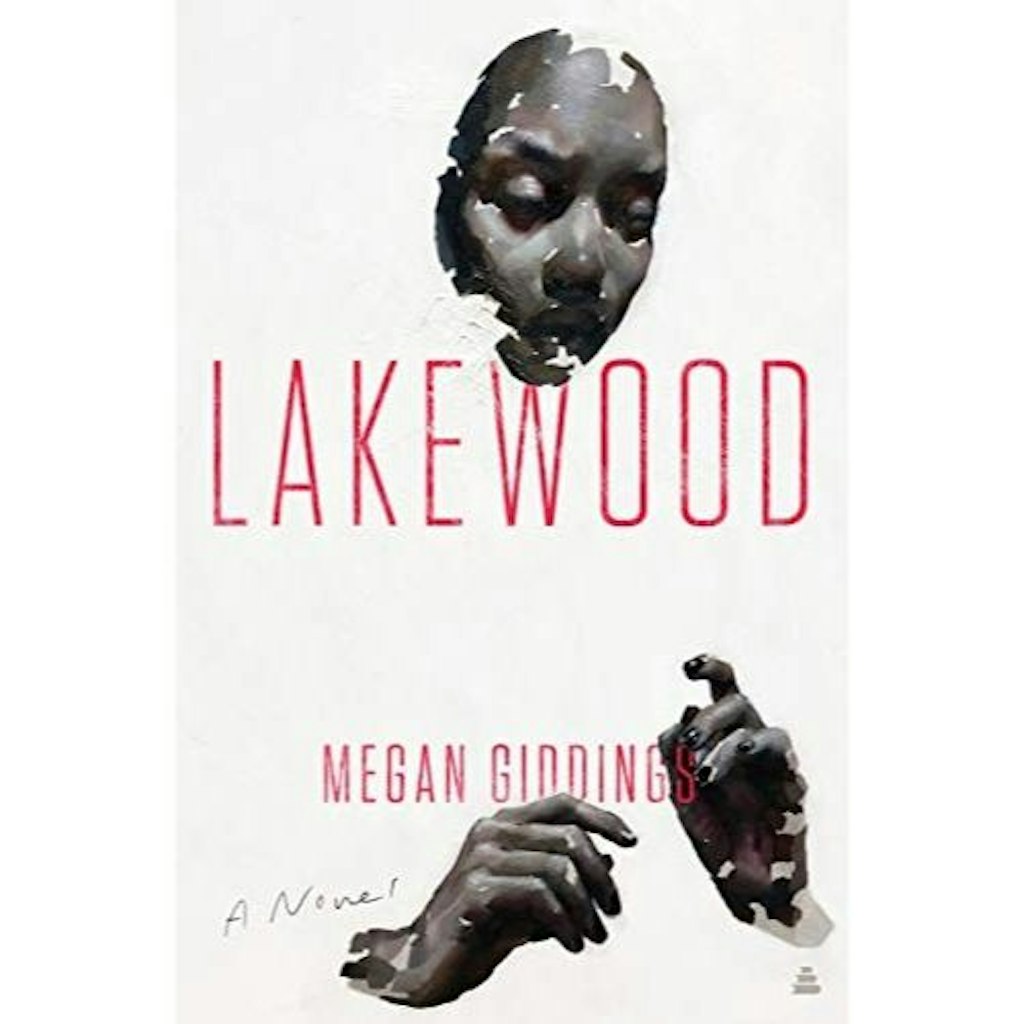
By now, many of us are familiar with the story of Henrietta Lacks, a Black woman whose cancer cells were harvested and used for decades after her death by scientists who never sought consent or compensated her family. Lakewood builds on this story in fictional form: After her grandmother dies, Lena Johnson is forced to leave college to take care of her ailing mother. She has no job prospects until she’s invited to participate in the Lakewood Project, an insidious research study that will conveniently pay enough to cover the costs of her mother’s treatment. Johnson is moved to Lakewood, Michigan, and put through a battery of invasive and odd tests by a team of white “observers” who haven’t revealed the purpose of the study or what her data will be used for. Lakewood is a terrifying read for anyone concerned about the harvesting of DNA without a clear purpose.
Why It’s Perfect For Your Book Club: STEMinist Club members will love to talk about the bioethics involved in DNA harvesting and how their STEM solutions for social good should always take into consideration the ethics of their participants.
Private Lessons
Cynthia Salaysay
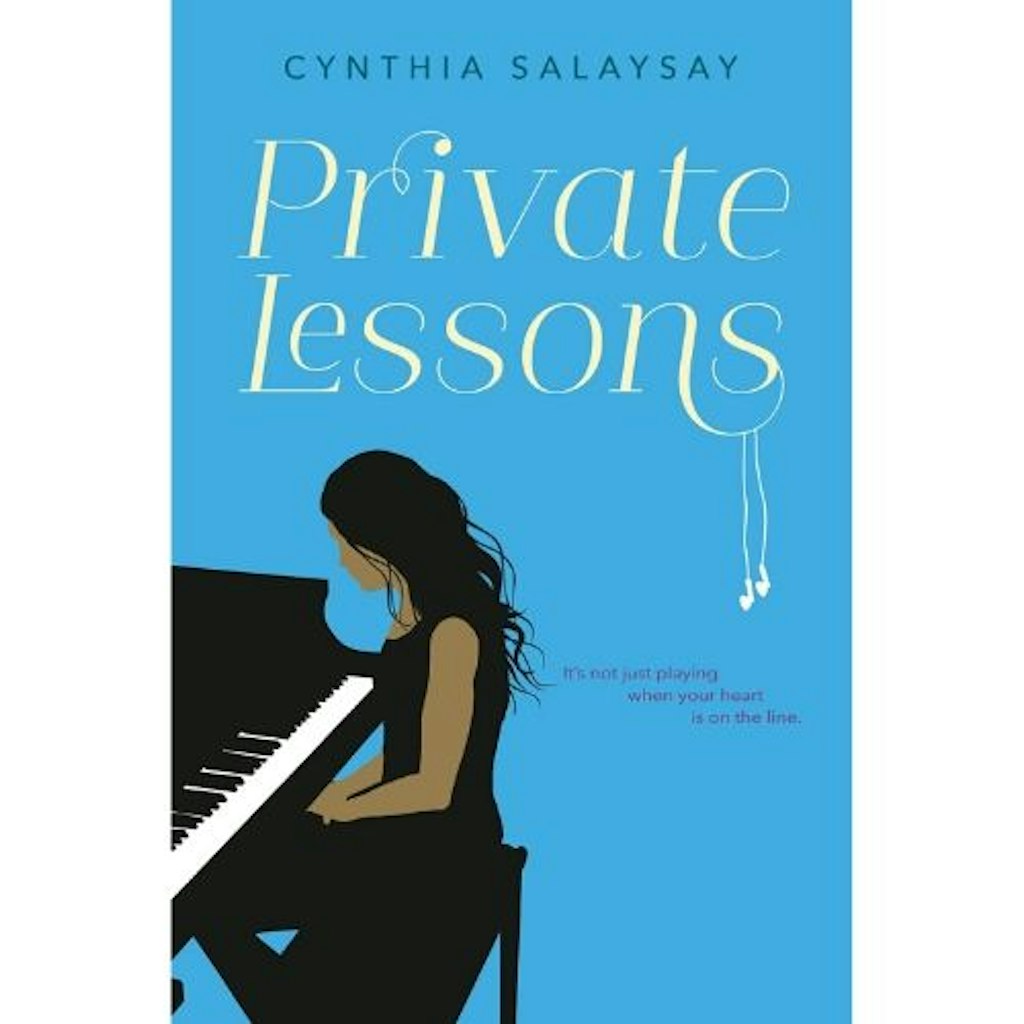
Piano prodigy Claire Alalay has been spiraling emotionally since her father’s death, leaning into music as a way to escape grief but failing to really move forward in her life. Alalay knows she needs a music scholarship to afford college, so she decides to audition for Paul Avon, an elite piano teacher who has helped other talented pianists reach their potential. Avon immediately recognizes Alalay’s talent and agrees to become her teacher, but a combination of unending grief and vulnerability allows him to go further than just being her guide in piano.
Why It’s Perfect For Your Book Club: Private Lessons is a great book to spur on a conversation about consent as it thoughtfully grapples with the uneven power dynamic between a student and a teacher.
